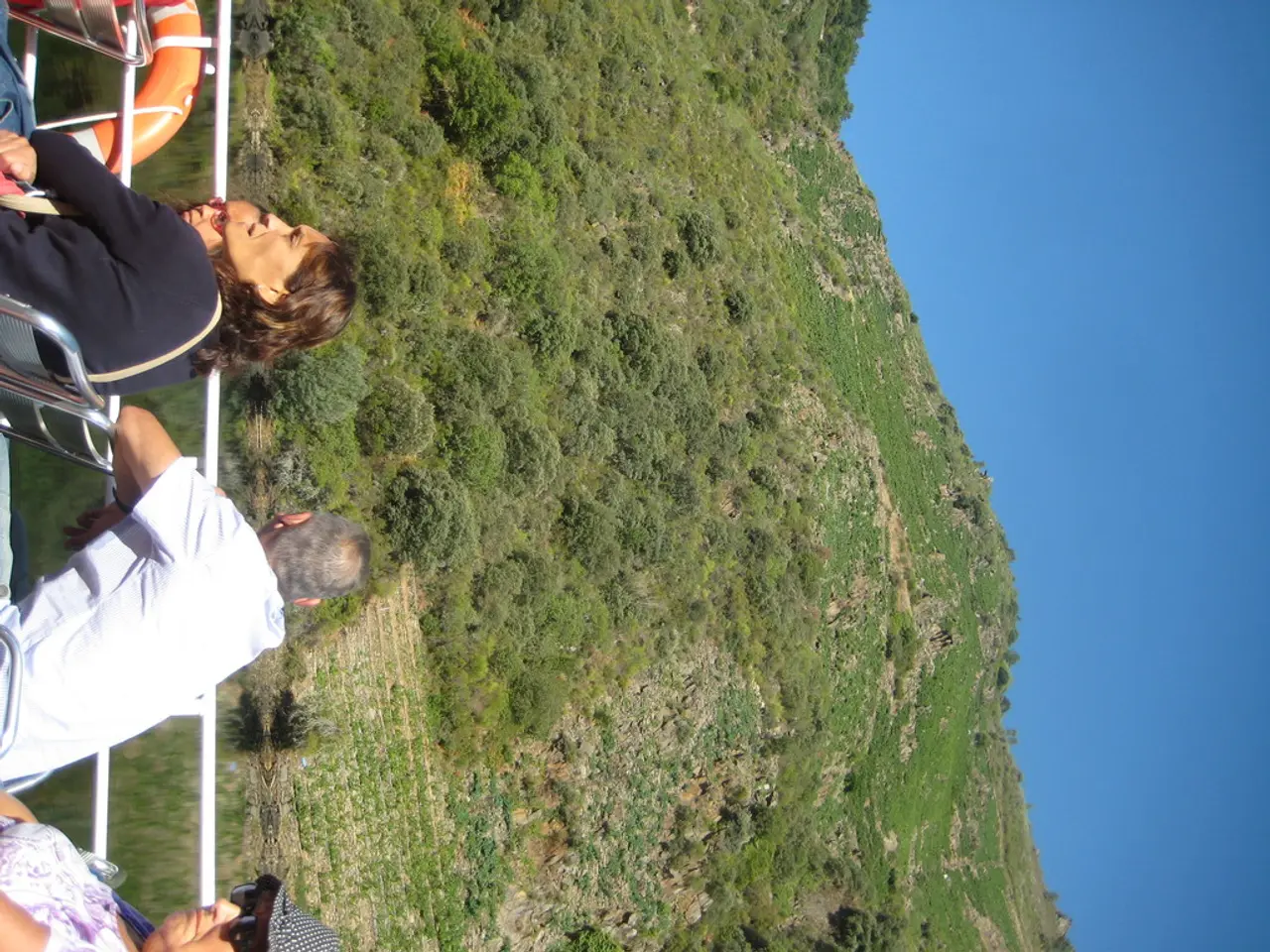Transforming Tourism Landscapes Globally
In the dynamic world of tourism, India, with the highest mobile-first online population in the world, finds itself at a pivotal juncture. The need to prioritize and leverage technology in its tourism industry has never been more pressing, as the contemporary travel landscape is shaped by recent innovations and trends that centre around technology adoption and enhanced customer experience.
Today's customer expects better and unique services that provide a memorable and satisfactory experience in all aspects of tourism. The adoption of innovation and technology is crucial for any business in the travel and tourism sector. This digital transformation is reflected in the growing trends of "bizcations", digital nomads, blesiure, and SoLoMo tourism.
The sharing economy, facilitated by online platforms like Airbnb and Uber, is one of the fastest-growing business trends in tourism, offering travelers alternative accommodation and transportation options. The phenomenon of digital nomads, remote workers who travel while working, is also increasingly prevalent in the travel and tourism sector.
As the demographics, motivations, and way of traveling in the tourism industry have been evolving, so too has the industry's reliance on virtual and mixed reality technologies to offer immersive and unique travel experiences. The tourism industry is increasingly focused on sustainable practices, balancing the needs of tourists, locals, and the environment. This is coupled with combating the effects of over-tourism and implementing climate-conscious travel solutions.
Key themes in the 2025 travel and tourism landscape include AI-enabled personalization, tech infrastructure modernization, a shift toward authentic and sustainable travel experiences, and smarter use of data to improve responsiveness and customer satisfaction. AI-powered travel software and virtual assistants offer travelers highly personalized experiences such as customized itineraries, real-time trip updates, dining and excursion recommendations, and adaptive plans responding to delays or changing conditions.
Infrastructure upgrades like Carnival Cruise Line’s partnership with DXC Technology to modernize their tech backbone highlight how companies are investing in reliable, scalable systems to ensure consistent and smooth customer experiences across modes of travel like cruises and airlines. The industry is also embracing the use of chatbots, location-based optimized information, and facial recognition technology.
A prominent trend in 2025 is travelers’ preference for authentic, immersive interactions with local cultures over traditional, mass-tourism packages. This is driven by a desire to avoid overcrowded, over-tourism hotspots and discover lesser-known “hidden gem” destinations, fostering a more meaningful connection to places.
The dynamic world of tourism business has significantly changed with the advent of technology. Tourism marketing has changed dramatically, focusing on interactive and dynamic website designs, social media management and engagement, search engine optimization, user-generated content, and targeted marketing strategies.
In conclusion, the 2025 travel and tourism landscape is defined by AI-enabled personalization, tech infrastructure modernization, a shift toward authentic and sustainable travel experiences, and smarter use of data to improve responsiveness and customer satisfaction. These trends are poised to revolutionize the tourism industry, offering travelers more personalized, immersive, and sustainable experiences.
[1] [Source 1] [2] [Source 2] [3] [Source 3] [4] [Source 4] [5] [Source 5]
- The utilization of technology is essential in today's travel and tourism sector, as it allows businesses to cater to contemporary traveler expectations, such as offering personalized experiences and immersive interactions with local cultures.
- The adoption of digital technologies, including AI, chatbots, and virtual reality, is transforming the tourism industry, enabling companies to modernize their tech infrastructure and provide travelers with more customized and sustainable experiences.




